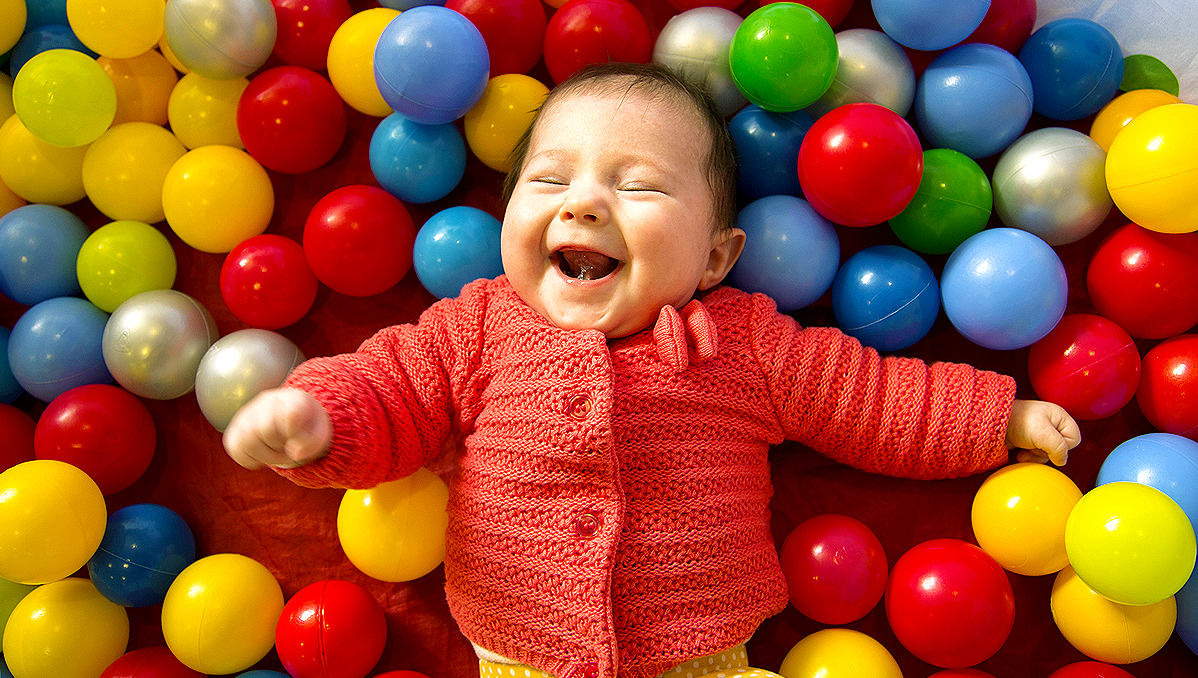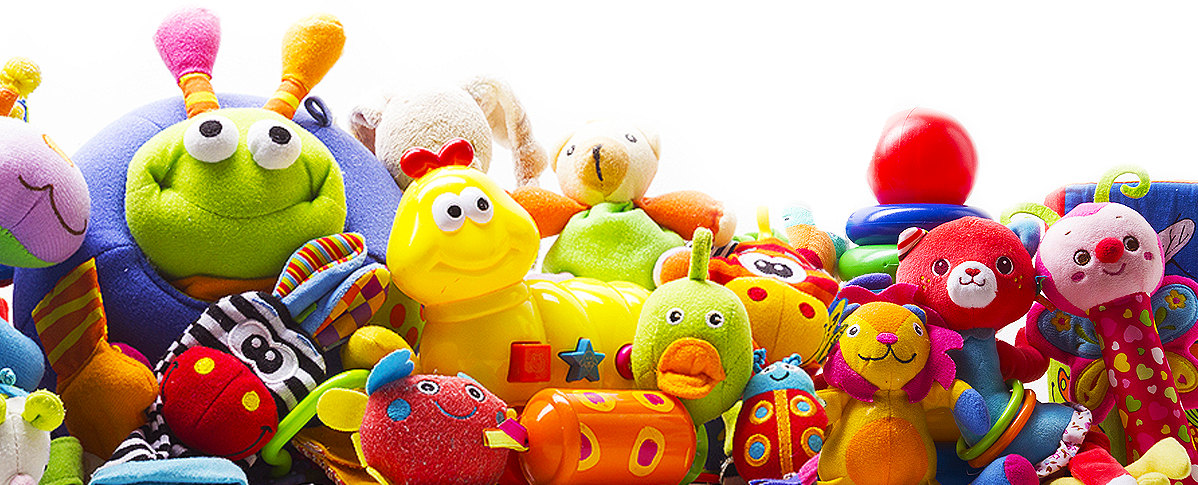INFANTS

During the first year of development, infants need lots of love, language/inter-active communication, music/sound stimulation and room to grow. Infant staff works as a team and with parents to ensure that individual feeding and sleeping schedules are met
Infant Milestones
1-3 Month Milestone
Social and Emotional
Begins to develop a social smile
Enjoys playing with other people and may cry when playing stops
Becomes more expressive and communicates more with face and body
Imitates some movements and facial expressions
Responds to familiar sounds
Movement
Raises head and chest when lying on stomach
Supports upper body with arms when lying on stomach
Stretches legs out and kicks when lying on stomach or back
Opens and shuts hands
Pushes down on legs when feet are placed on a firm surface
Brings hand to mouth
Takes swipes at dangling objects with hands
Grasps and shakes hand toys
Vision
Watches faces intently
Follows moving objects
Recognizes familiar objects and people at a distance
Starts using hands and eyes in coordination
Hearing and Speech
Smiles at the sound of your voice
Begins to babble
Begins to imitate some sounds
Turns head toward direction of sound
3-7 Month Milestone
Social and Emotional
Enjoys social play
Interested in mirror images
Responds to other people's expressions of emotion and appears joyful often
Movement
Rolls both ways (front to back, back to front)
Sits with, and then without, support on hands
Supports whole weight on legs
Reaches with one hand
Transfers objects from hand to hand
Uses hand to rake objects
Vision
Develops full color vision
Distance vision matures
Ability to track moving objects
Language
Responds to own name
Begins to respond to "no"
Can tell emotions by tone of voice
Responds to sound by making sounds
Uses voice to express joy and displeasure
Babbles chains of sounds
Cognitive
Finds partially hidden objects
Explores with hands and mouth
Struggles to get objects that are out of reach
7-12 Month Milestone
Social and Emotional
Shy or anxious with strangers
Cries when mother or father leaves
Enjoys imitating people in his play
Shows preferences for certain people/toys
Test parental responses to his behavior
May be fearful in some situations
Prefers mother and/or regular caregiver over others
Repeats sounds or gestures for attention
Finger-feeds himself or herself
Extends arm or leg to help with being dressed
Movement
Reaches sitting position without assistance
Crawls forward on belly
Assumes hands-and-knees position
Creeps on hands and knees
Gets from sitting to crawling or prone (lying on stomach) position
Pulls self up to stand
Walks holding on to furniture
Stands momentarily without support
May walk to or three steps without support
Hand and Finger Skills
Uses pincer to grasp
Bangs two objects together
Puts objects into and takes objects out of container
Lets objects go voluntarily
Tries to imitate scribbling
Language
Pays increasing attention to speech
Responds to simple verbal requests
Responds to "no"
Uses simple gestures
Babbles with inflection (changes in tone)
Says "dada" and "mama"
Tries to imitate words
Cognitive
Explores objects in many different ways (shaking, banging, throwing, dropping)
Finds hidden objects easily
Looks at correct picture when the image is named
Imitates gestures
Begins to use objects correctly (drinking from a cup, brushing hair, dialing phone)

